|
Reflexologist and reiki practitioner Laura Devonshire looks at hydration - why it is so important, what it can affect and how much and what we should be drinking to keep hydrated. It’s summer (hurrah!) and this season’s theme at West Norwood Therapies is water. I have been exploring water and the human body and why hydration is so critical. Water is essential for life and for our bodies to function optimally. On average water makes up around 60% of body weight in men and 50-55% in women (this can vary depending on age and body composition). Drinking enough water each day is essential for the function of all the cells in the body, it helps us to: regulate body temperature, keep eyes and joints lubricated, helping to rid waste and transport nutrients, helps convert food into energy, protects the nervous system, prevents infection, and keeps organs functioning properly. Some organs contain much more water than others and I found it staggering to learn that the brain and kidneys possess the highest percentage of water: a whopping 80-85%, followed by the heart and lungs 75-80%, muscles, the liver and skin are 70-75%, blood is 50%, bones are 20-25% and lastly teeth at 8-10%. This helps to put into context how dehydration can have so many symptoms and consequences. The current UK recommendation is to drink 6-8 glasses of fluid per day, more specific recommendations about the quantity needed at different ages are shown below: (provided by the European Food Safety Authority (EFSA): The EFSA assume that 20% of fluid intake comes from food and 80% comes from drinks.
It is also important to note that doing strenuous activity or living in hotter or more humid climates may need more than the above. The body works hard to find balance and drinking too little or too much water can have severe consequences. The warning signs of dehydration include:
As mentioned above the brain contains 85% water, dehydration can also impact on cognitive function with difficulty in concentrating, impacting mood making us prone to feeling angry, anxious, and irritated. It’s important to note that on the flip side at the extreme end of consuming too much water, can lead to hyponatraemia, a very serious condition that causes extremely low sodium levels in the blood. It is more common for people to suffer with the symptoms of dehydration. The best way to avoid dehydration is to keep track of how much fluid you drink and drink water throughout the day. It’s ideal to avoid excessive caffeine drinks as they have a diuretic effect on the body, as does alcohol. Of course, I am not staying to cut them out but to just be mindful of intake and ensure you’re having an adequate water intake too. If you have been unwell with a fever or diarrhoea, playing sports or have been sweating a lot in high temperatures: drinking coconut water or a sports drink or rehydration drink can help to replenish your electrolytes and essential salts and minerals. Swap sugary drinks for sugar-free or no added sugar and dilute squash drinks to reduce the sugar content. If you don’t like the taste of water you can try sparkling water or try adding a slice of lemon or lime, some berries or cucumber.
0 Comments
Acupuncturist Mihaly Rosta shares some information about the Chinese Medicine concept of 'dampness' in the body and factors that might cause and help this. Is diet just about what you eat? Sluggishness (especially) in the mornings; Heaviness of body and mind; Bloating; Loose, sticky stools; Swelling; Weight gain. These are only a few symptoms of Dampness in the body. Damp.. what?
Imagine a clear beautiful river gracefully flowing through a forest. Now what if this river is being filled with debrish? It slowly becomes cloggy and turn into dirty mud. The most common cause for this muddiness to develop in the body is improper DIET. Excessive intake of fried, greasy, raw food; as well as alcohol, sugar, dairy, and even meat may result in the symptoms described above. However before removing unhealthy, overly processed foods from the diet, it’s important to intorduce new, appropriate foods in your diet. On the picture you may see a simple stir-fry dish, perfect for lunch or even breakfast -accompanied by some soup or tea. Bitter and slightly pungent/aromatic food like kohlrabi and romain lettuce are excellent at transforming congealed body fluids. Add some radish and leeks in order to strengthen the Lungs (Metal/Autumn) and clear any damp/phlegm that may reside there. Kidney -especially Aduki- beans are great source of protein in this case. Complementing the dish I also used garlic, thyme and parsley to help clear excessive mucus. To make this dish more seasonal, add some water and cook it on low heat. In order to introduce the sour balancing flavour of autumn (Metal) you may finish your dishes by squeezing some lemon/lime juice over them. Making small changes in the diet is an excellent tool for becoming more healthy over time. However if an already developed illness (or any of the symptoms above) are present, acupuncture treatment may be especially beneficial in order to address those issues. Please note that we always advise patients to see a professional Acupuncturist in order to determine the accurate diagnoses, which allows us to make personalised recommendations. For any seriously health concerns please see your GP. #diet #damp #acupuncture #bloated #sluggish #autumn Acupuncturist Philippa Summers delves into the world of healthy bacteria - microbiome - and gives some helpful insights and tips as to how this can benefit us along with a delicious saurkraut recipe to help us along. Did you know that your body contains roughly as many bacterial cells as human cells? Along with viruses and fungi, and their collective DNA, they make up our microbiome. The microbiome varies hugely from person to person and plays a crucial role in determining our health. There is a whole eco system living on your skin and within you, in your respiratory tract, your reproductive tract, in breast and other tissue, but primarily in the intestines – the gut microbiome. Among them are vitally important beneficial microbes that help to keep the disease-causing pathogens at bay, while also enhancing and interacting with many of the vital internal processes that work to keep us well. The Benefits of a Healthy Gut Microbiome A healthy gut microbiome has benefits that extend throughout the body and is considered by some to be equivalent to an additional organ, such is its importance. It plays a crucial role in helping to maintain and support metabolic function, immunity, plus cardiovascular, respiratory, reproductive and menopausal health, as well as helping with sleep, mental well- being and brain function. It is an area of intense research, with more being discovered all the time. The scope of its influence cannot be overstated. A healthy gut microbiome is anti- inflammatory and helps to combat the development and progression of a whole range of chronic health issues and to reduce infections throughout the body, helping in the fight against antibiotic resistance. Type 2 diabetes, obesity, kidney disease, Parkinson’s, atherosclerosis, high cholesterol, hypertension, dementia, urinary tract infections, respiratory infections, vaginal infections, asthma, allergies, autoimmune diseases, IBS, IBD, some cancers...the list goes on... have all been shown to have an association with an unhealthy balance in the gut microbiome. It is the subject of ongoing research to determine the processes and balance of cause and effect between disease and the microbiome. A High Fibre Diet supports the Microbiome Our environment, where we live, who we live with, how we interact with our environment but particularly our diet has a huge influence on the microbiome, and for each of us our microbial fingerprint will be unique and changing dynamically all the time. A poor low fibre diet of refined carbohydrates like white flour, white rice and particularly simple sugars will encourage inflammation and take the balance of good bacteria to bad inan unhealthy direction. A healthy high fibre diet on the other hand will help to support the community of beneficial bacteria, which ferment more complex carbohydrates that we cannot otherwise digest, into nutrients with anti-inflammatory and metabolic health benefits. The beneficial bacteria lie mainly in the colon at the far reaches of our intestines and to feed and support them we need a diet where the carbohydrate portion of what we eat can pass through the upper reaches of the intestines to the colon without previously being completely broken down. Simple and refined carbs get broken down too high up in our guts but high fibre complex carbohydrates (wholegrains, vegetables, nuts, seeds and fruit) make it all the way to where they are needed. Aim for a wide variety of colourful plant foods including herbs and spices to aid digestion, and of course include proteins and healthy fats for a balanced diet. We feed these bacteria and they in turn feed us with the beneficial by-products of their meal. Think good housemates - you provide the healthy ingredients, and they cook up a feast! The healthy foods we provide them with are the prebiotics, the healthy ‘bugs’ are the probiotics. Choosing Probiotic Foods and Supplements Some species of these healthy bacteria will have established themselves as long term residents of our gut, beginning at birth and supported early on by breastfeeding. We can augment this existing population by eating fermented foods containing other beneficial live bacteria, or for convenience and maybe for specific health issues by taking them as supplements. To reap the benefits, we need to choose those that are alive and can survive through the upper reaches of the gut all the way to the colon as many cannot survive the acid of the stomach. How our individual microbiome interacts with our own metabolism and diet is complex and more in-depth studies that take a personalised approach are the subject of ongoing research, one of the largest being the Zoe PREDICT studies. A peek at these studies will show you how complicated a field it is. People with a histamine sensitivity may not tolerate probiotics and care should be taken by people with bowel conditions like IBS and IBD. Deciding which strains are most beneficial is a complex subject which varies from person to person and according to the health issues being addressed, and I suspect is obscured by the commercial nature of supplements and the influence on research. Lactobacillus and Bifidobacterium are the most widely recommended in supplements, with many species and strains of each offering different benefits. A little more of that below in relation to women’s health and gut health but to go into more detail is beyond the scope of my experience or this blog. If you prefer to take supplements in my opinion Optibac are a reliable good value brand and provide a simple useful guide with formulas for a variety of situations: every day, after taking antibiotics, for women’s health including during pregnancy and for gut health. Symprove receives wide recommendation but is much more expensive and is limited to a single multi-strain formula. I am not suitably knowledgable to offer any wholeheartedrecommendations but those are a couple of reliable options. You can eat fermented foods as well or instead. For Women’s Health including fertility and menopause Lactobacillus species support a healthy vaginal microbiome where they help to keep disease causing yeasts and bacteria at bay, by maintaining a favourable protective acidic environment. From the research so far, implantation and reduced incidence of early pregnancy loss are also supported when the predominant species in the uterus are Lactobacilli. They are of benefit when taken orally, even for colonising the reproductive tract. Lactobacillus species can also be helpful at alleviating some of the symptoms of menopause via the two-way interaction between oestrogen levels and the gut microbiome. Yoghurt, kefir and Sauerkraut are all high in Lactobacillus species and other lactic acid bacteria. For Gut Health For people with gut issues like IBS and IBD I would recommend seeking guidance from a dietary or nutritional specialist. Some of the otherwise healthy prebiotic foods can contribute to symptoms, and some probiotic strains can be helpful while others may exacerbate symptoms. Probiotic Fermented Foods For general health benefits why not try a range of different live unpasteurised probiotic foods such as kefir, yoghurt, kombucha, kimchi, miso or sauerkraut to see which you like and which suit you? Or try making your own. They can be more potent than probiotics supplements and much cheaper, too, and all have different microbial profiles and benefits. Some ferments like kefir and kamboucha contain a range of yeast and bacteria while others like yoghurt, sauerkraut and kimchi are predominantly bacterial. Additionally, as they have fermented over a period of time the fermented product will contain high amounts of more easily digestible nutrients that are a by-product of the fermentation process. Making your own fermented foods If you fancy making a home-made ferment you can try the simple sauerkraut recipe below. Incidentally, I was surprised to learn that sauerkraut, despite its German name, originated around 2000 years ago in China and came to Europe in the 1600s. Making Kimchi, a spicy Korean ferment, is similar and there are plenty of recipes online. If you really want to get into ferments then I recommend Fermentation by Asa Simonsson which covers a whole range of fermented foods and drinks including vegan dairy, or check out the many websites and blogs on fermenting. Sauerkraut Recipe You will need a container in which to ferment the veg before transferring it to smaller jars
for storage, and you will also need weights to hold the veg below the surface of the liquid while it ferments. You could use a large wide necked jar with a lid but you will need to keep an eye on it and keep releasing the gas that will build up inside. Or you may wish to buy a fermenting jar or a crock pot which allow the gas to release automatically. Some come with weights, others don’t. Ingredients 1kg finely chopped white or red cabbage (you can substitute some of the cabbage with grated carrot, beetroot and apple to make a total of 1kg veg) 15g sea salt Optional spices: 1 tbsp chopped garlic/ginger 1 tsp caraway seeds, chili flakes, peppercorns, seaweed etc Method • Place the veg, salt and spices in a large clean bowl mix well and massage with your hands for 5 mins. Leave for 5 mins. • Massage and squeeze again for about 20-25 mins until you have plenty of juice and the veg has softened. • Pack into the fermenting jar or crock, add the weight so that all the veg is completely submerged in the briny liquid. This is very important as the fermentation will spoil if the veg is exposed to the air. • Put on the lid and leave at room temperature to ferment. The fermenting jars have a valve, the crock has a sunken rim that you fill with water so the gases release automatically. Keep checking that the water level around the rim is above the notch in the lid. • Leave for anything from 5 days to 4 weeks depending on the room temperature and how sour you like it. I leave mine for about 10 days. As the sauerkraut ferments is becomes more acidic which most bugs can’t tolerate and you’ll end up with a tasty ferment rich in acid tolerant Lactobacillus. The result should be a crisp, slightly sour, flavoursome kraut. If it becomes mouldy, slimy or smells rotten then something has gone wrong, so discard. Pack into clean jars, pressing the veg below the surface of the liquid and store in the fridge. Keeps for weeks, months according to the experts but I’ve never left it that long. Great in a sandwich, salad or as a meal accompaniment.A word of warning - as your body adjusts to fibre and probiotics you may find you are a bit more flatulent, but it should settle down after a few days, start with a little and build up. In any case, a little every day is better than larger quantities less frequently. Acupuncturist and massage therapist Mihaly Rosta shares some interesting thoughts around the 'how' of our eating habits being as, if not more, important than the 'what'. ow important is it to have the right food on your plate?
I usually see a divide amongst my friends and clients when it comes to diet and food. Some people just eat for the joy of it, not caring much about if they eat a lot of carbs or meat. Whilst other people can be “almost” obsessive about what they eat. May that be superfoods, very specific vegetables and meat, etc. So what is the correct attitude to diet? Well, I of course could not give a simple answer to such an important question. Especially as I am not a dietician. However when it comes to Chinese medicine, we always strife for balance. Walking the middle path. Sure, it is important to have a varied diet -according to both food energetics, colours, food groups- but I find it much more important to look at how people eat and digest. In my experience, our mental health and eating habits combined has a much stronger effect on our digestion and general health than the types of food we eat. Do not get me wrong, I am not saying that we should all eat white bread, milk and sugar 3 times a day. I am referring to the fact that if you have a varied intake of vegetables, fruits and meats/nuts, you should not worry too much about whether it is organic or not, or how many superfoods and brown rice you include in your diet. What is important then? 1. Structure and rythmn It is generally important to follow a rythmn in our daily life. Structuring our days around our meals and sleep can provide with a healthy l. So we priorities ourselves, our nourishment amongst other responsibilities. 2. Rest Taking breaks between meals (3-4 hours) gives our digestive system a rest, as opposed to continuous snacking which will overwork our Spleen and Stomach. 3. Focus /mindfulness Eating should be about the food and our nourishment. The taste, texture, colour, smell of our food should be in the focus of our mind when we eat. Not TV, Netflix, news, daily tasks or plans for the week. Let’s do ourselves a favour and eat mindfully. Just when we decide on the food we eat, we should apply the same mindfulness during our time of nourishment. 4. 2/3 There is a Chinese saying that you should only fill your belly 2/3 of the way, so there is space for Qi to do the digestion. Overeating is overtaxing on our digestive system. Finding the correct amount of food that does not leave us hungry, but also doesn’t makes us sleepy is essential. 5. Fluids It is important to drink plenty of fluids during the day, however it is best to avoid drinking with our meal. If you have a weak digestion, you may find it beneficial to drink digestives 20 minutes prior to your meals. Or if your meal seems to settle in heavy (lots of fats/oils) you may find drinking a (half) shot of clear spirit (I recommend Bison vodka for flavour 😛) also very beneficial. On a different note. There seem to be a misconception about the amount of fluid we all need to drink. Generally speaking of we want to hydrate ourselves we have to include fluid-ful vegetables in our diet. Soups, curries, tomatoes, courgettes, etc. 6. 100 steps Digestion does not stop when we finish eating. On the contrary. It’s fairly important that we rest after a meal for about half an hour. The Chinese has been recommending 100 slow steps after eating. As (slow) walking aids the intestinal movements (peristalsis) and thus digestion. 7. Avoid going to bed on a full stomach Simple as that, we should not be wasting our energy on digestion whilst we are sleeping. More over, it is most beneficial to have a bigger gap (intermittent fasting) in our day when our digestive system is to rest. 8. Anxiety = IBS Last but not least, looking after our mental health is perhaps the most important of tasks that we need in order to have a healthy digestion. I’ll talk about this more in detail another time. So these are only a few points that are in my opinion are just as (if not more) important than the quality of the food we eat. Thus if you are suffering with any digestive issues, you may find it beneficial to go through this list before you start cutting out your favourite foods. Of course Acupuncture is an amazing tool to help/reset the digestive system. So if you feel you need some additional support in that regard. Do not hesitate to get in touch. Happy Eating! |
AuthorBlogs from the WNT team. For our blogs from before June 2020 please see individual profile pages - it's a good way to get to know practitioners too. Archives
June 2024
Categories
All
|
|
Visit us - by appointment only please - in the office block in the Access Self Storage premises at 443 Norwood Road, London, SE27 9DQ
[email protected] Phone - please contact practitioners directly, or if not in a rush you can leave a message for us to call you back at 07931876931. |
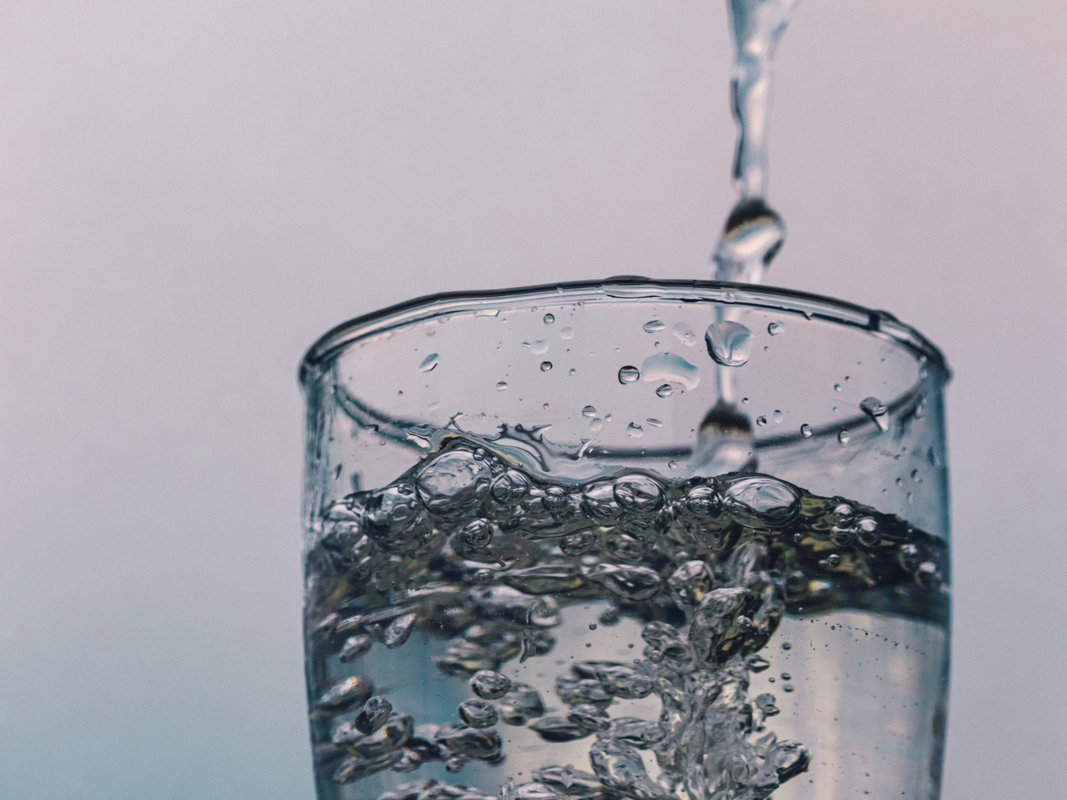

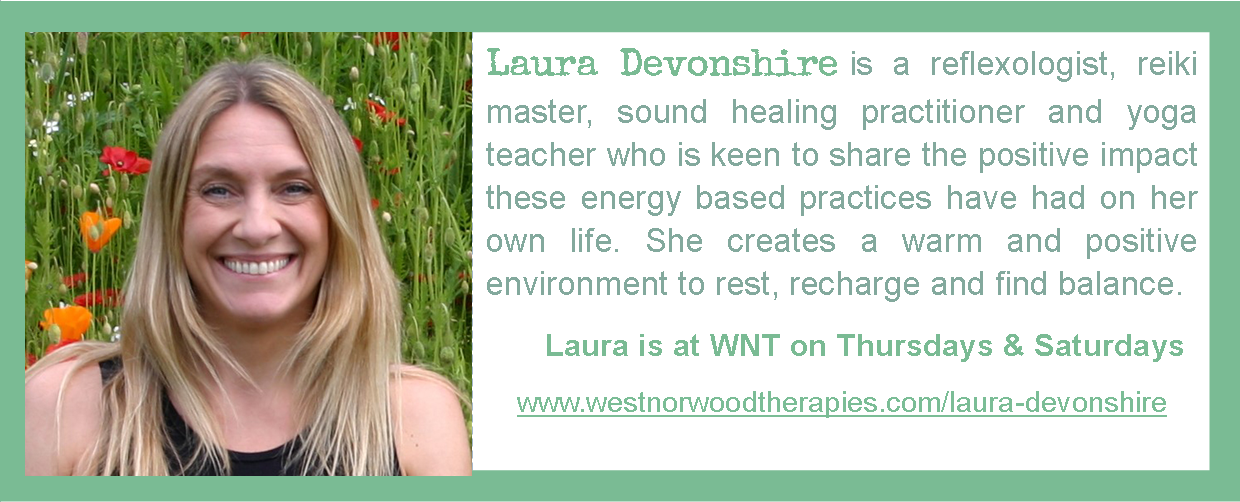
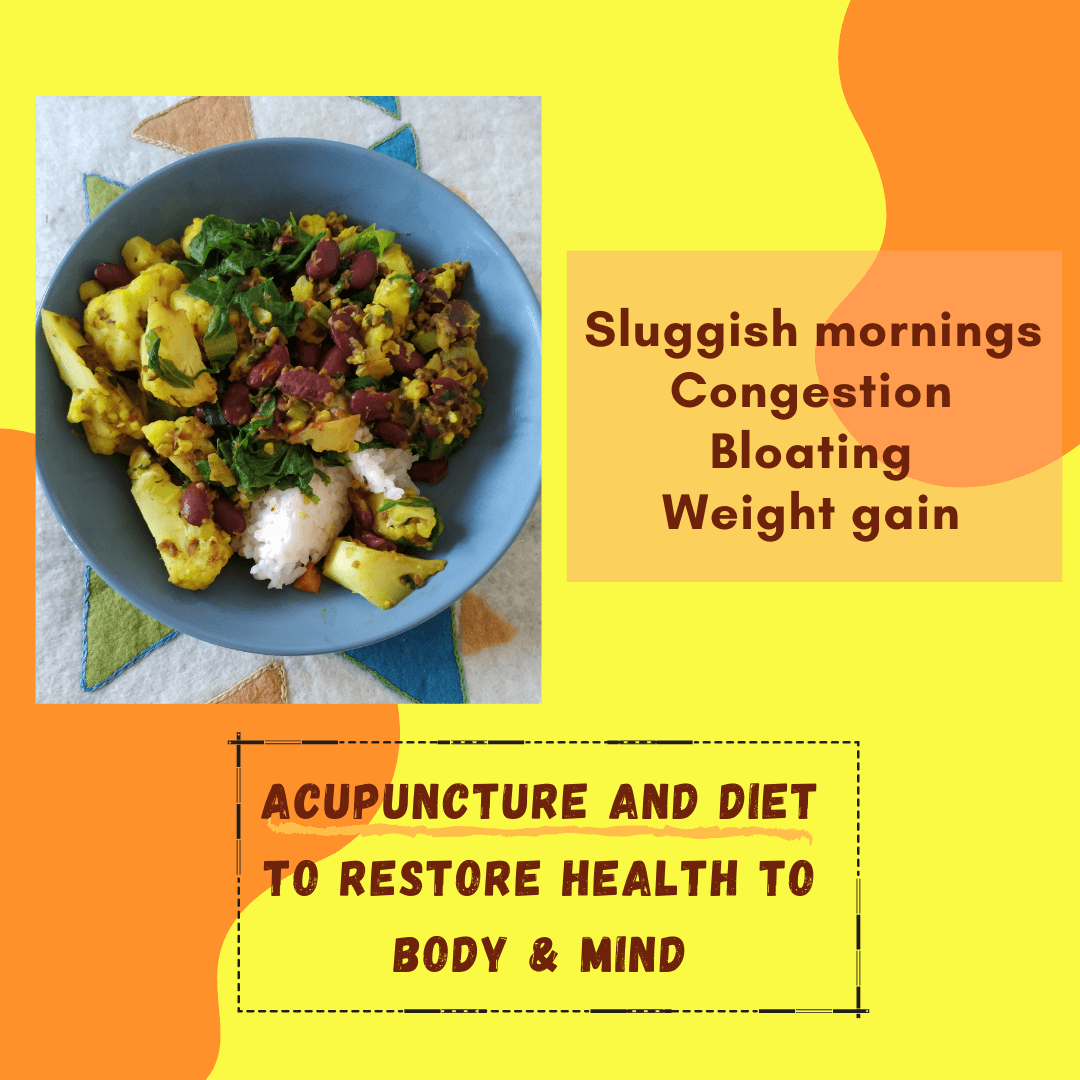

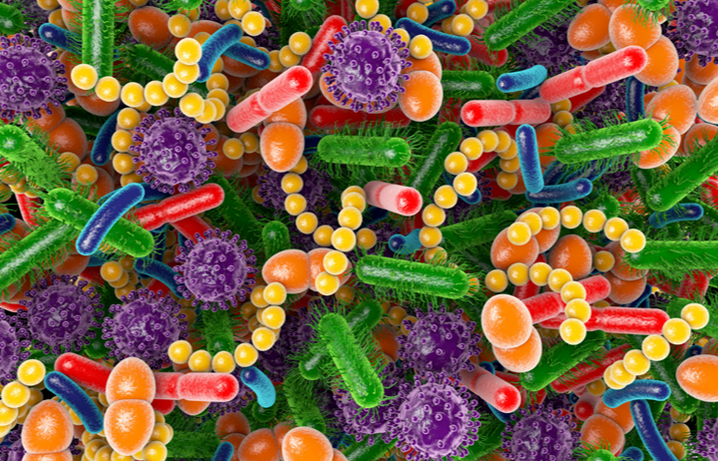
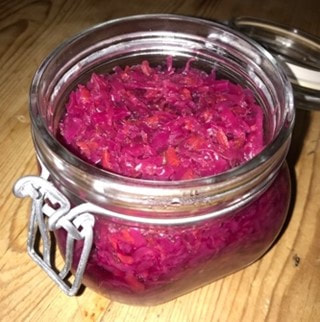

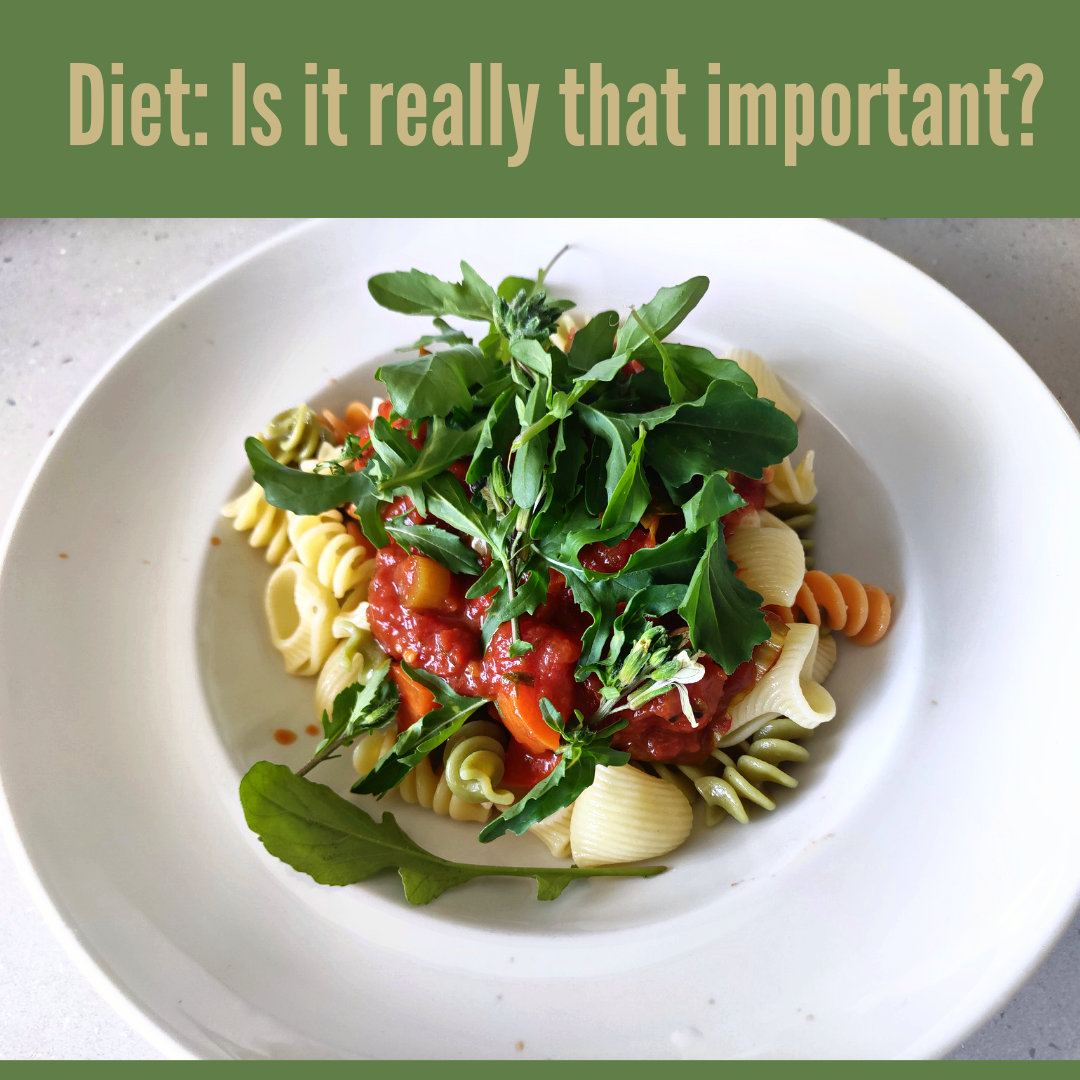
 RSS Feed
RSS Feed
